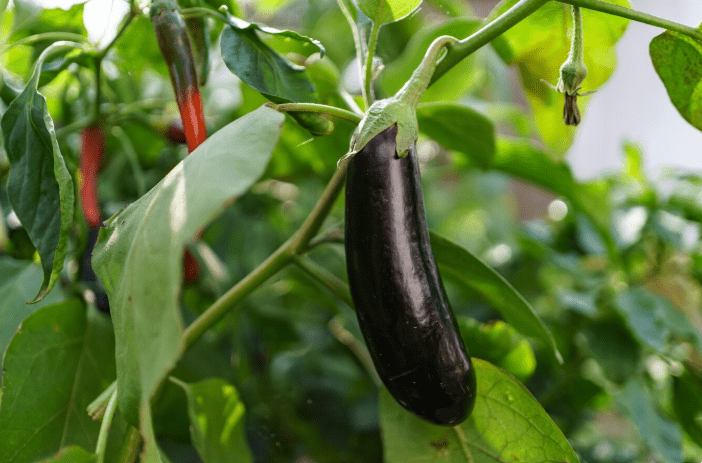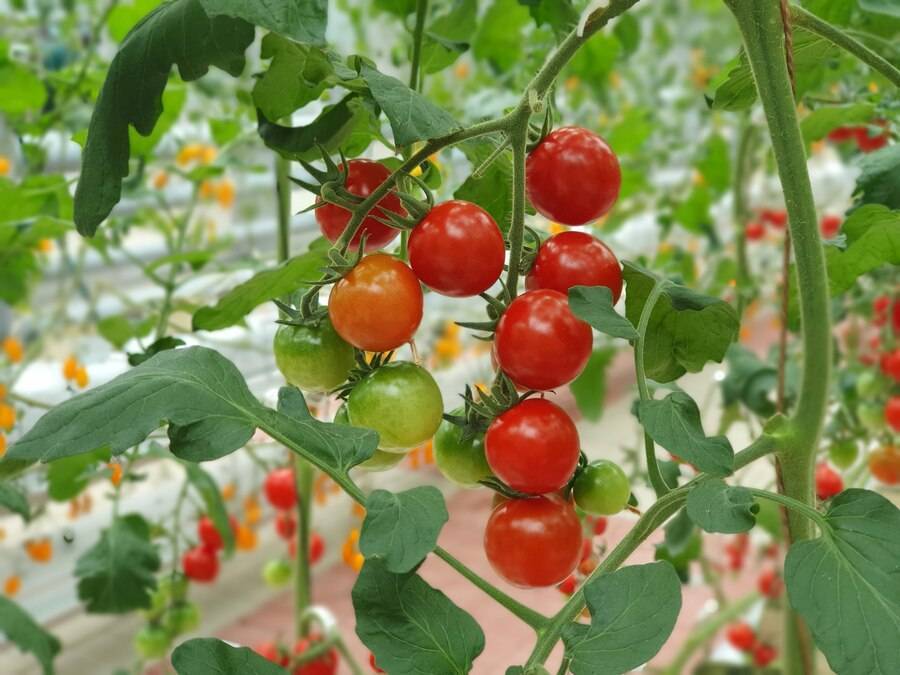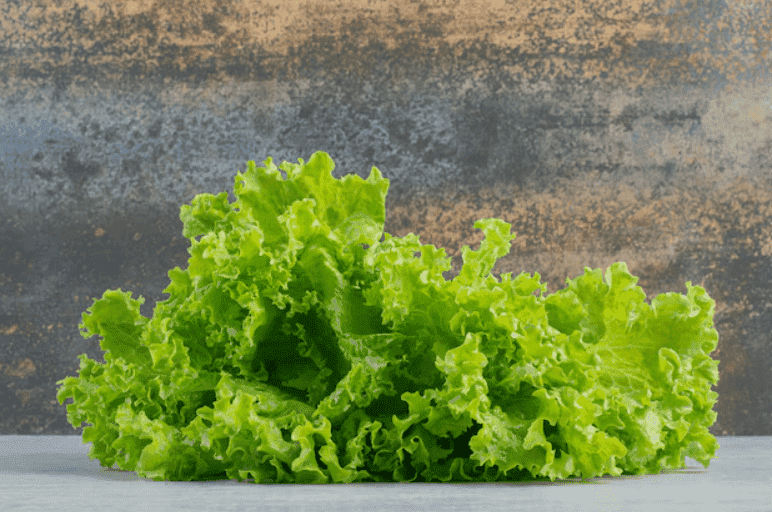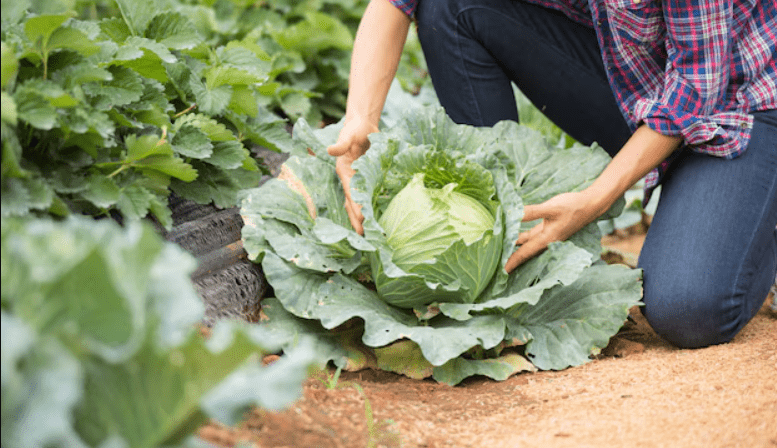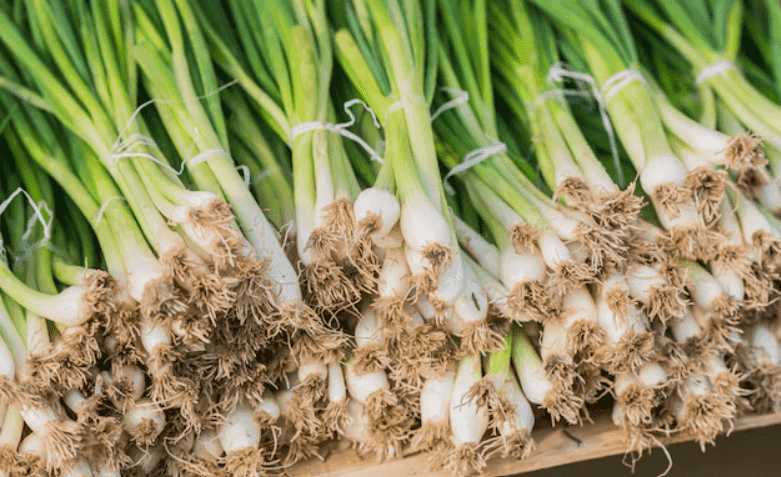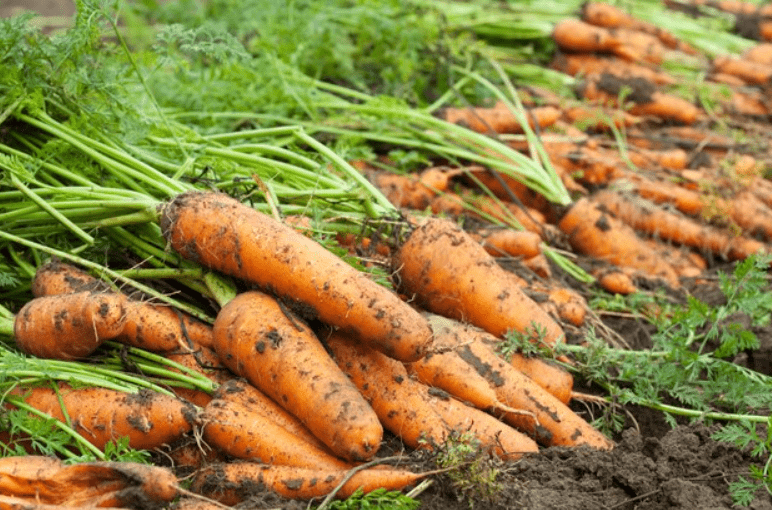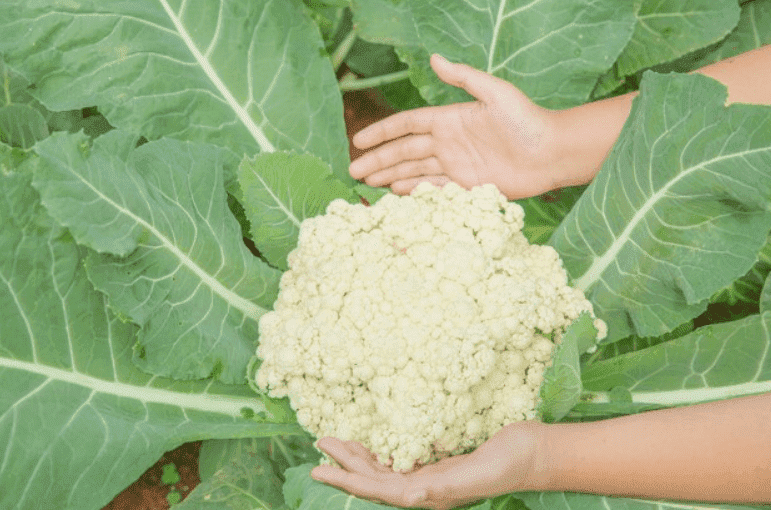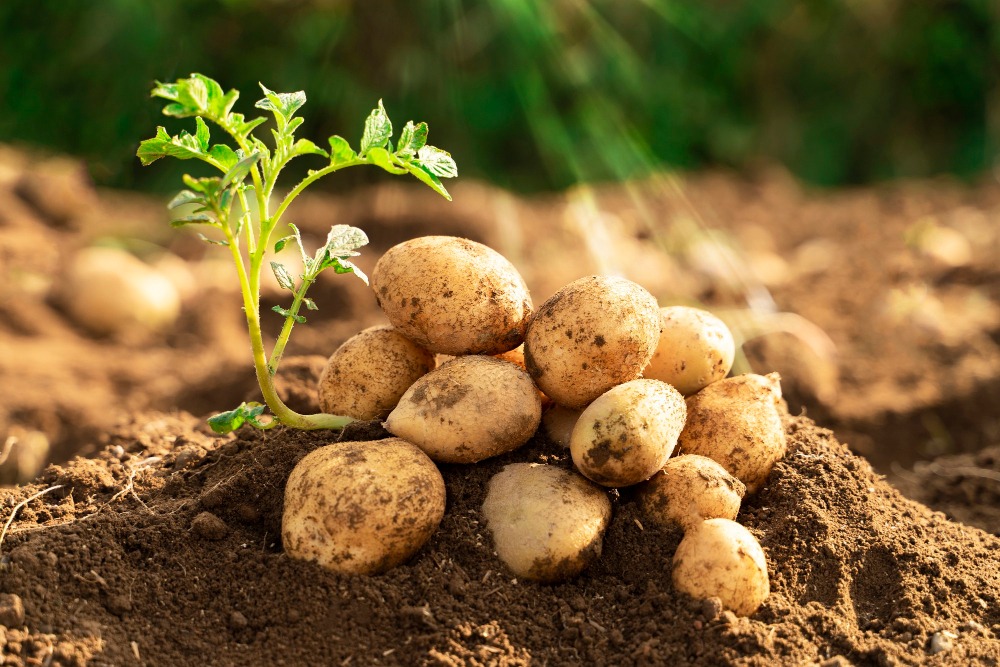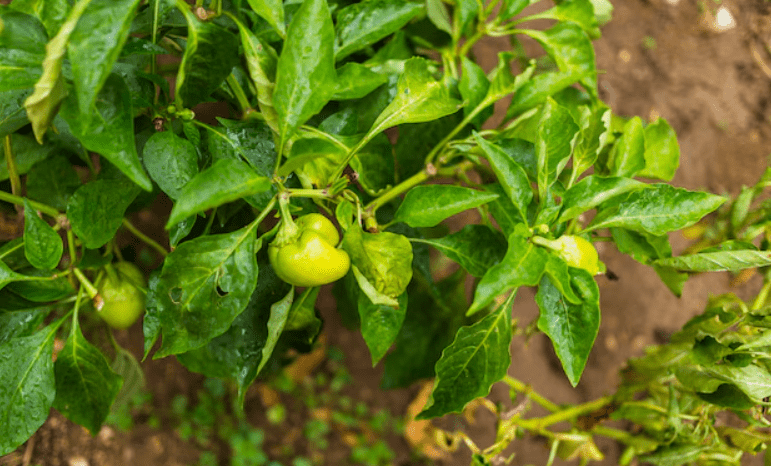Do you love fresh, homegrown veggies but feel overwhelmed by the thought of starting from seeds? Growing Eggplant (or brinjal) without using seeds could be the perfect alternative. It’s simpler than you might expect and surprisingly satisfying. In this guide, you will learn how to grow eggplant without seeds right in your home garden.
Table of Contents
ToggleBest Time to Grow Eggplant
Eggplant, also known as brinjal, thrives in warm climates. That’s why the ideal time to start planting is either right after autumn or as winter comes to an end. Late January to February is considered the best window for sowing Eggplant. This timing aligns perfectly with the plant’s 120-day growth cycle. It allows you to harvest by late April or May when the weather supports healthy fruiting.
Pick the Right Eggplant Variety
Choosing the right Eggplant variety is key to a successful harvest. If you’re short on space, go for compact or dwarf types that grow well in containers. Varieties like Black Beauty and Ichiban are great options for beginners. Both offer good yields and easy maintenance.
Get a Healthy Eggplant
Rather than growing from seeds, choose a young, robust eggplant from a nearby nursery or garden shop. Check that the plant shows no signs of pests or disease. A strong, healthy plant with vibrant leaves and firm stems will adapt better and flourish in your garden.
Prepare the Container
Eggplants grow well in containers. They are perfect for limited spaces like balconies or terraces. Pick a spacious pot with proper drainage holes at the bottom to avoid water stagnation. Fill it with nutrient-rich potting mix, leaving about an inch at the top to make watering easier.
Transplant the Seedling
Gently take the plant out of its nursery pot. Be careful not to harm the roots. If the roots are tight, loosen them slightly. Create a hole in the center of your prepared container and place the plant in it, keeping the soil level the same as it was before. Lightly press the soil around the plant’s base to hold it firmly in place.
Ensure Sufficient Sunlight
Eggplants love full sun, so pick a bright, sunny spot for your container. Position the pot where it can get at least 6–8 hours of direct sunlight daily. If you’re growing eggplants indoors, place them near a south-facing window to get the most out of the sun.
Maintain Proper Moisture
Watering plays a key role in keeping your plant healthy. After transplanting, water thoroughly to help the plant adjust to its new environment. Let the top layer of soil dry between watering. Avoid overwatering, but aim to keep the soil evenly moist.
Feed with Fertilizer Regularly
For strong growth and a generous yield, feed your Eggplant throughout the season. Use a balanced, water-soluble vegetable fertilizer and follow the recommended dosage on the label. Start feeding a few weeks after transplanting and continue every 2–3 weeks during the growing period.
Support the Growing Plant
As your brinjal plant matures, it may need support to stay upright, especially when it starts bearing heavy fruit. Place a stake or a small trellis next to the plant and gently tie the main stem to it using soft garden twine. This keeps the plant stable and encourages better airflow through the leaves, reducing the risk of disease.
Watch for Pests and Diseases
Regularly inspect your plant for common pests like aphids, spider mites, and flea beetles, which can harm the foliage and slow growth. If you spot any pests, treat the plant promptly with homemade insecticidal soap or neem oil. Also, look out for fungal issues such as powdery mildew. Remove any infected leaves immediately to stop them from spreading.
Harvest Your Eggplants
Depending on the variety, Eggplants are usually ready to pick 60–90 days after transplanting. Harvest the fruits when they’re full-sized and have a rich, glossy color. Use a sharp knife to cut them and leave a short stem attached. Handle each fruit with care to avoid bruising or damage.

